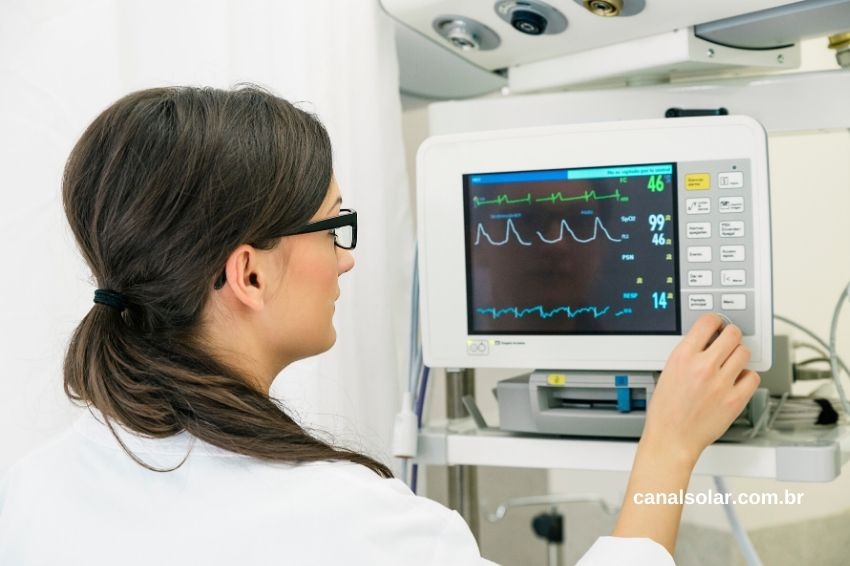ANEEL (National Electric Energy Agency) is analyzing the proposal from ABSOLAR (Brazilian Photovoltaic Solar Energy Association) which proposes that surplus credits from distributed generation be donated to essential services, such as hospitals, to combat the Covid-19 outbreak in the next six months.
The proposal came about after entrepreneur Ricardo Rizzotto sent messages to a WhatsApp group of ABSOLAR associates reporting a request from one of his clients.
“My client Jovandro Peretti came to me asking if there was a possibility of donating his surplus credits to the hospital in the city of Paraí (RS). He has had the system for five years and, during this period, has accumulated around 1300 Kw/h. Therefore, I launched the idea of expanding this possibility to the entire country in the WhatsApp group. ABSOLAR bought the idea and forwarded it to ANEEL and the Ministry of Mines and Energy”, says Rizzotto.
After ABSOLAR's request to ANEEL, Rizotto says that he has been approached by other clients who also want to donate their excess credits, creating a chain in favor of hospitals at this critical moment in health.
The entrepreneur is optimistic and trusts that the Agency will decide favorably. “I believe that ANEEL will not deny the proposal because the concessionaires will not lose anything, since people would use this credit anyway”, comments Rizzotto.
If approved, the measure will be an adjustment to the current rules of the Electric Energy Compensation System, so that users of distributed generation, whether from solar photovoltaic, wind or biomass sources, can voluntarily donate their excess credits to the institutions.
According to Marcelo Borghetti, administrative director of Hospital Cristo Redentor, located in Marau (RS), approval of the proposal will provide greater investments in the health sector.
“The electricity bill in hospitals represents a considerable fixed cost, as we have a lot of equipment that works 24 hours a day. Reducing energy costs can guarantee greater investments in equipment, maintenance and, above all, a greater range of services. The impact of a reduction in our hospital’s energy bill would enable savings of close to half a million reais per year”, says Borghetti.
Also according to Borghetti, the savings generated will be invested in free services for the population. “With a saving of R$ 500 thousand in energy expenditure, we can perform, for example, more than one hundred elective surgeries during this period free of charge”, he explains.
For lawyer Bárbara Rubim, vice-president of distributed generation at ABSOLAR, approval only depends on ANEEL. “The implementation of this measure would not require any technical adaptation on the part of the distributors or the benefiting institutions. What is really missing is regulatory permission, which ANEEL can grant on an exceptional basis”, he explains.
Bárbara also highlights the objective of the proposal. “Our intention is to contribute to reducing the economic and social impacts of the pandemic, through a simple and supportive measure, which allows the reduction of the economic and social impacts of the pandemic”, says Bárbara.


















One Response
Friends, since the report was from May 2020, I believe there is already a response from ANAEL. Was it favorable? Is it possible to donate surplus production to hospitals and philanthropic entities? Thank you very much